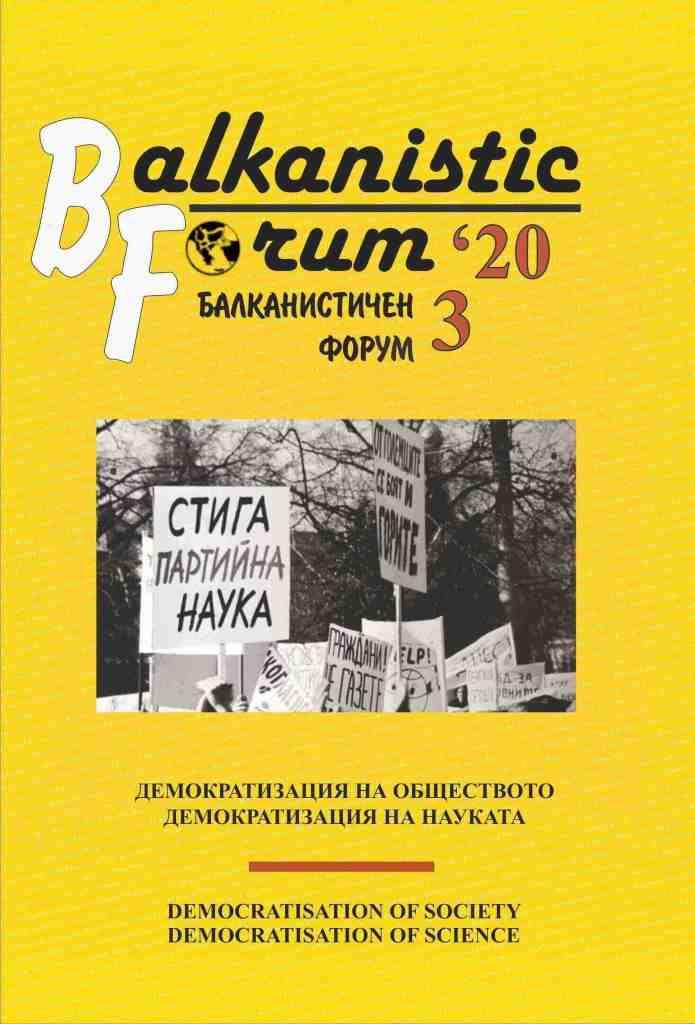Лингвокогнитивные аспекты динамики вербализации концептуального пространства «торговля»
Linguocognitive Aspects of the Dynamic of Verbalisation the Conceptial Space „Trade“
Author(s): Valentina Kolesnik, Galina YarotskayaSubject(s): History, Anthropology, Social Sciences, Cultural history
Published by: ЮГОЗАПАДЕН УНИВЕРСИТЕТ »НЕОФИТ РИЛСКИ«
Keywords: linguaculture; language history; commercial activity; trade
Summary/Abstract: The article explores systemic lingual and speech facts objectifying trade, which are fixated in lexicographical sources. Comprehensible, exemplary, and values-based characteristics of trade are established. This establishment allows the discussion of the fact that in the commonplace, economic consciousness of a native speaker of the Russian language and Russian linguaculture, the following notional components of the logico-rational conceptualization of trade are present (evidently or not evidently): 1) entrepreneurship; 2) buying-selling, circulation of products; 3) obtainment of advantages. Figuratively-evaluative components of the conceptualization characterize trade as an activity which entails betrayal and deception, unfair profits and “lucre” (barysh), which allow discussion of the presence of (evidently or not evidently) the following notional components of the logico-rational conceptualization of trade in the commonplace economic consciousness of a native speaker of Russian and linguaculture: 1) entrepreneurship; 2) buying-selling, circulation of products; 3) obtainment of profits.Values-based components are presented in an aphorismic representation, mutually excluding normative judgements related to trade links and theft, truthfulness and lies in a product’s commercial, business and familial ties in bargaining, necessity of obtaining a profit while at the same time retaining moral values. The defining characteristic of the perception of a bargain situation is the presence of mutually exclusive norms of behavior during the buying and selling of products: deceiving is forbidden and allowed, familial ties are taken into account and ignored, there is and there is not a link between trade and theft. These contradictions can be explained with famous cultural dominations in Russian lingual consciousness: the necessity of living according to the laws of higher justice and the resulting maximalism in the evaluation of the reality of life, and thus negative evaluation of the material enrichment of individuals. Logico-rational conceptualizations of trade in lingual consciousness identify the following peculiar qualities: 1) thorough linguocognitive elaboration on the name of the salesperson in the form of several nicknames, given to the salesperson depending on the produced and realized product, 2) conceptual (and associative) connections between the lexeme to sell and resell, buy and bribe, 3) unification of semantic characteristics in the words “producer” and “seller of product” in one nomination, which negates the presence of commercial, trade activity as mediation, 4) negative evaluation of aspiration to unfair advantages (barysh) and 5) presence of mutually exclusive behavior norms during bargaining.
Journal: Балканистичен Форум
- Issue Year: 29/2020
- Issue No: 3
- Page Range: 268-285
- Page Count: 18
- Language: Russian
- Content File-PDF

